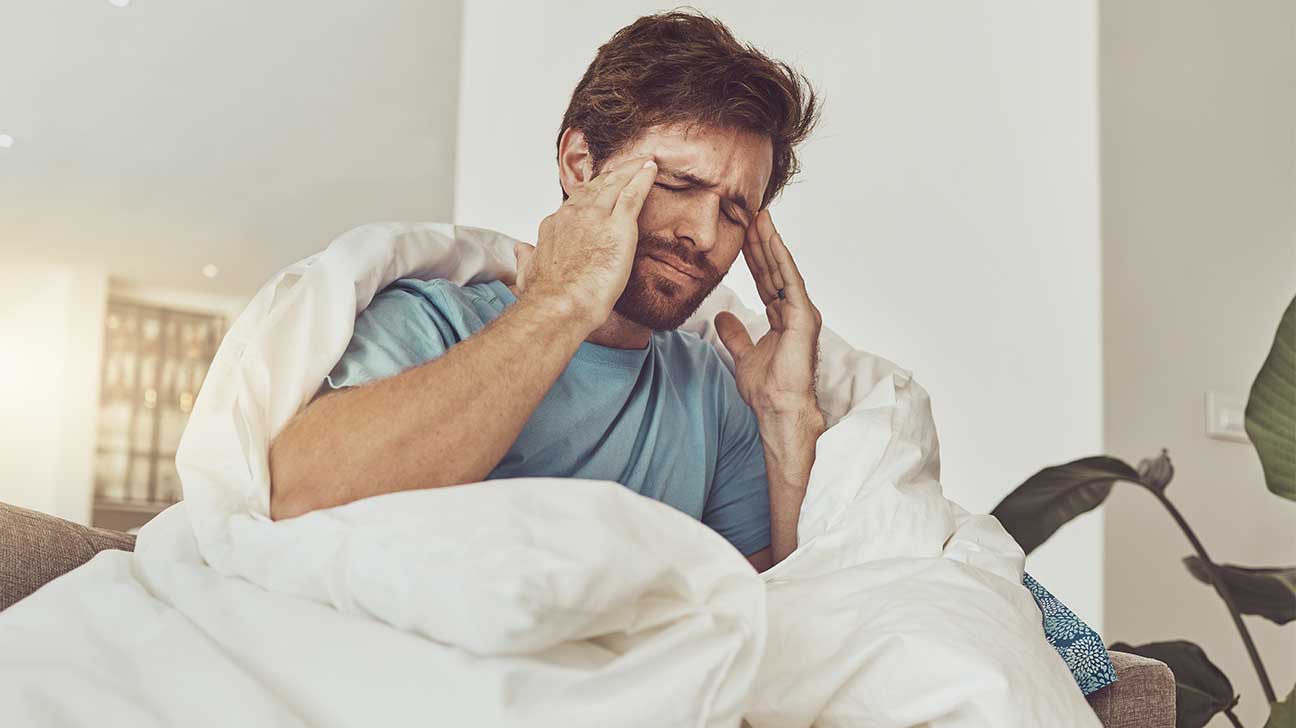
Detoxification is an aspect of substance abuse treatment that some people may believe they can handle on their own.
But is at-home detox safe? It depends mainly on two factors: the substance you are withdrawing from and the severity of your substance use disorder (SUD).
In many cases, especially for people with severe SUDs, medical supervision is recommended to ensure a safe and successful detox process, but there are times when people with SUDs can detox at home.
Is It Safe To Detox From Home?
Detoxing from drugs or alcohol causes uncomfortable withdrawal symptoms that affect both physical and mental health and may even be dangerous or life-threatening at times.
It can take more than a strong will to get through drug and alcohol withdrawal, and quitting cold turkey isn’t always recommended.
Factors that determine whether you can safely detox at home include:
- the substance you are using
- how severe your substance use disorder is
- your overall health
Two conditions in particular involve severe withdrawal symptoms: opioid withdrawal syndrome and alcohol withdrawal syndrome.
Withdrawal symptoms or complications from either can be serious and even life-threatening. However, this doesn’t mean that withdrawal from substances other than opioids or alcohol can be done safely at home.
Is Home Detox From Opioids Safe?
The safest way to withdraw from opioid drug addiction is via a medically supervised detox program.
Opioid withdrawal is known for being particularly difficult, and medical professionals can help ensure your safety during the process as well as your success, that is, that you continue not to use opioids.
Withdrawal symptoms from opioids include:
- anxiety
- agitation
- insomnia
- sweating
- muscle aches
- runny nose
- abdominal cramping
- nausea
- diarrhea
- vomiting
Risks Of Attempting Opioid Detox At Home
Side effects and complications from these symptoms can be serious. For example, dehydration resulting from opioid withdrawal can be life-threatening.
Under medical supervision, your care team can ensure that fluids lost via sweating, diarrhea, and vomiting are replaced. They can also provide medication to control vomiting.
Another serious complication is aspiration pneumonia, a lung infection. People who go through opioid withdrawal are often in a weakened state of overall health. If they vomit and breathe particles into their lungs, they are more likely to develop aspiration pneumonia.
One of the biggest dangers of opioid withdrawal is overdose. Drug cravings during this time are intense, and withdrawal resets tolerance levels for the drug.
This means that if people relapse and start taking opioids again at the same dose as before, they can accidentally overdose.
Medical Detox From Opioids
With medical detox, treatment providers can offer FDA-approved medications to help with the symptoms of withdrawal, which can help avoid serious health complications.
Medications such as methadone, buprenorphine, or naltrexone address opioid withdrawal by engaging or blocking opioid receptors to reduce withdrawal symptoms.
This process is handled under medical supervision in either inpatient or outpatient settings. These medications can also help people by lessening drug cravings.
Is It Safe To Detox From Alcohol At Home?
Alcohol withdrawal, in people with severe alcohol use disorder (AUD), can be even more dangerous than opioid withdrawal.
Unlike opioid withdrawal, alcohol withdrawal may cause severe symptoms that are themselves life-threatening. Like opioid withdrawal, complications caused by symptoms can also be life-threatening.
Alcohol withdrawal symptoms start between six and 24 hours from a person’s last drink and peak in severity anywhere between 36 and 72 hours from their onset.
Mild to moderate alcohol withdrawal symptoms include:
- anxiety
- heavy sweating
- hand tremors
- dehydration
- insomnia
- nausea
- diarrhea
- vomiting
- rapid heart rate
Severe symptoms of alcohol withdrawal include:
- delirium tremens (DTs)
- seizures
- hallucinations
- extreme agitation
- fluctuations in body temperature
- changes in blood pressure
Medical professionals can address these symptoms through medications such as benzodiazepines and anticonvulsant medications like gabapentin.
Is It Safe To Detox At Home From Benzodiazepines?
Benzodiazepine addiction can start when a person is prescribed a benzodiazepine (“benzo”) for an anxiety disorder and then misuses it.
Withdrawing from benzos often includes symptoms such as anxiety, insomnia, restlessness, and agitation.
In a detox program for benzodiazepine withdrawal, healthcare professionals can monitor clients and provide a tapering schedule, which allows clients to come off the drug slowly to reduce symptoms.
Is It Safe To Detox At Home From Other Drugs?
Other drugs do not typically have as severe withdrawal symptoms as opioids or alcohol. However, this doesn’t mean that detoxing from them at home is safe.
For example, stimulant withdrawal usually lasts about three to five days with symptoms that include agitation, depression, irritability, increased sleeping, and muscle aches.
A medical care team can help ensure clients’ comfort and safety at this time until their health has stabilized.
People experiencing cannabis withdrawal may also want to seek a detox program for support. Outpatient programs allow clients to remain living at home while under medical care.
Marijuana withdrawal symptoms include:
- anxiety
- dissociation
- irritability
- restlessness
- upset stomach
- poor sleep
- night sweats
Always consult with your physician or another healthcare professional for medical advice.
Remember that detox is just the first step in recovery. A comprehensive addiction treatment includes behavioral therapy and other tools for getting at the root of your addiction for lasting success.
Find An Addiction Treatment Program Today
If you or a loved one is looking for addiction treatment, call Detox Rehabs today for more information about treatment options and how to get started.
Article Sources- National Center for Biotechnology Information - Clinical Guidelines for Withdrawal Management and Treatment of Drug Dependence in Closed Settings.
https://www.ncbi.nlm.nih.gov/books/NBK310652/ - National Library of Medicine: MedlinePlus - Opiate and opioid withdrawal
https://medlineplus.gov/ency/article/000949.htm


